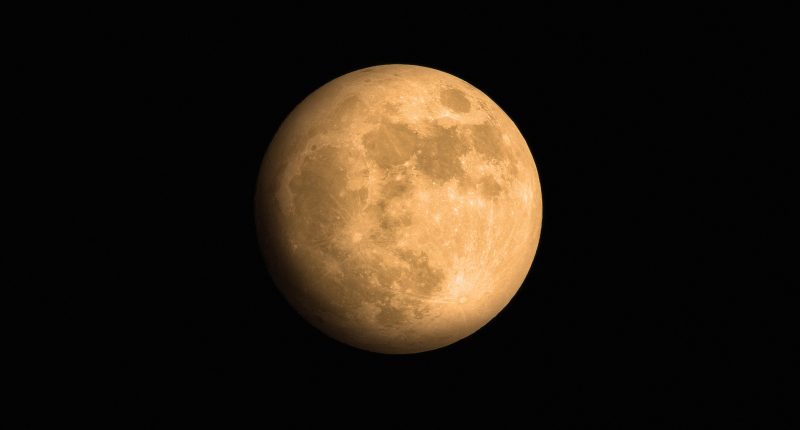SPACE agencies have some exciting missions planned for 2024 that could push the boundaries of human exploration.
Some of the most incredible scientific breakthroughs have been carried out by space agencies throughout the world.
For example, Nasa has landed humans on the Moon and sent the first-ever probe to the Red Planet.
The European Space Agency (ESA) has continued to invest in the exploration of Mars.
Russia’s Roscosmos has contributed to the building of the International Space Station.
And space agencies have no plans to slow down in 2024 with three impressive missions in the works.
Read more on Nasa
RETURN TO THE MOON
In 2024, Nasa plans to return humans to the Moon in what will be known as the Artemis II mission.
The crewed mission features four astronauts, including the first woman and the first person of color to land on the moon potentially.
Nasa is sending the astronauts to Earth’s natural satellite using their Artemis II Moon rocket and Orion spacecraft.
Lift-off is expected to happen no earlier than November 2024 from the Kennedy Space Center in Florida
Most read in News Tech
INVESTIGATING EUROPA
In October 2024, Nasa is due to launch a new mission designated “Europa Clipper.”
The mission aims to investigate the Galilean moon that circles Jupiter every 83 hours.
Clipper, which is around the size of an SUV, is scheduled to reach Europa around March 7, 2031, after nearly a seven-year journey.
The mission is expected to set Nasa back by $4.25 billion and will explore Europa’s terrain.
This includes its ocean’s salinity levels and the chemical composition of its icy crust.
Searching for organic compounds like sulfates and carbonates is also on the agenda for the orbiter.
“Clipper will conduct detailed reconnaissance of Jupiter’s moon Europa and investigate whether the icy moon could have conditions suitable for life,” Nasa writes on its mission website.
FLYING BY DIMORPHOS
In October 2024, the ESA plans to launch a follow-up mission named Hera to fly by the asteroid Dimorphos.
Nasa purposely crashed into the space rock in 2022 using a spacecraft.
Read more on The Sun
The collision, dubbed the Double Asteroid Redirection Test (DART), was carried out to solidify a method for protecting Earth from future asteroids.
Now, the ESA wants to head to the asteroid to analyze its surfaces, as well as its impact crater.












